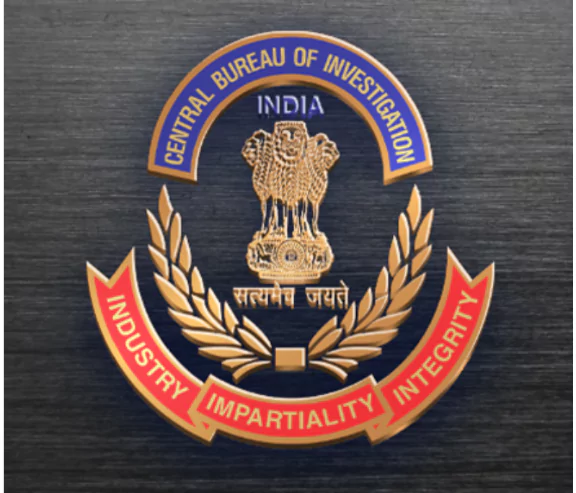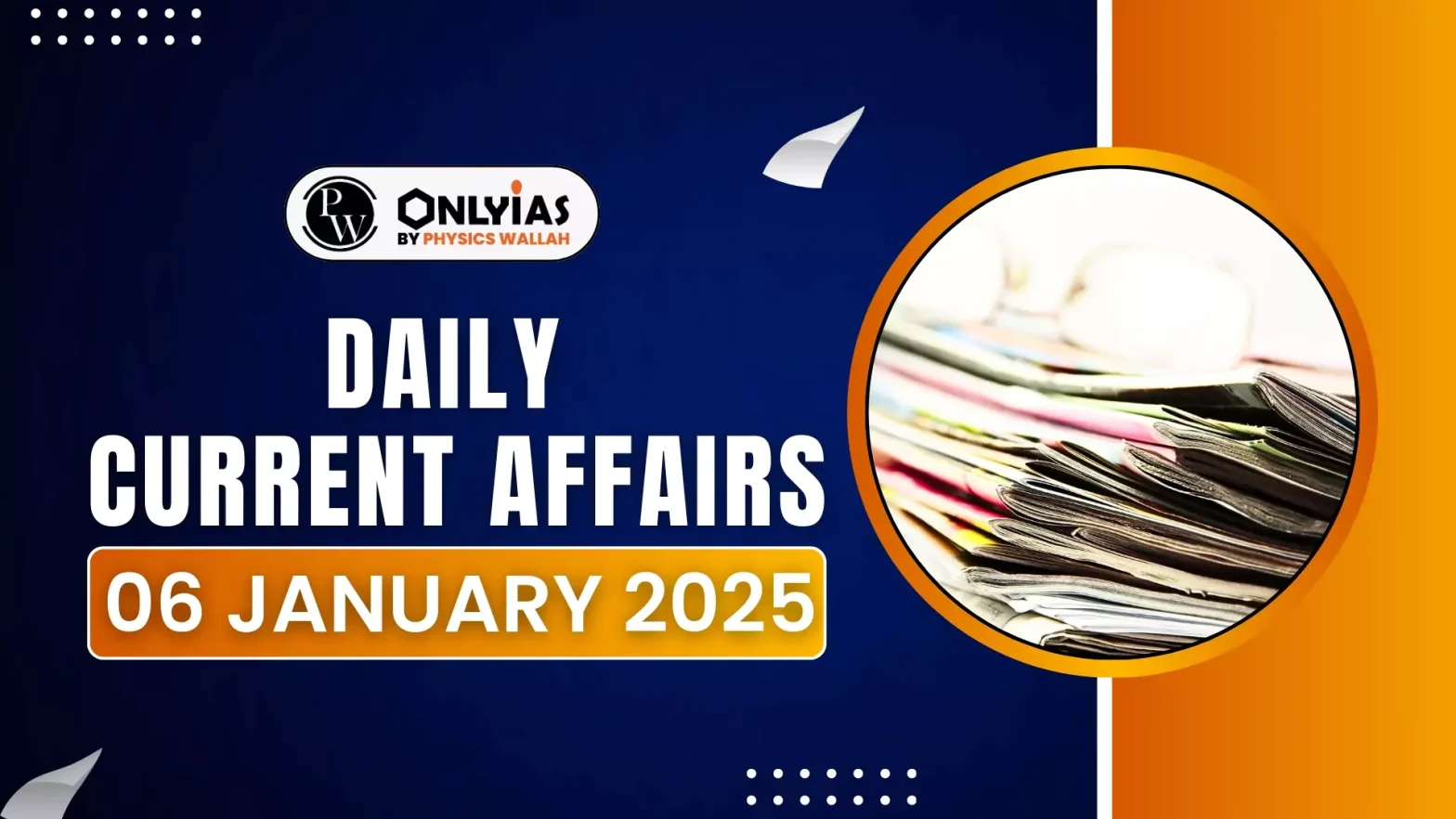The Supreme Court in a recent order held that the CBI does not require the sanction of a state government to register an FIR under a Central legislation against a Central government employee.
- The Supreme Court set aside a 2023 judgment of the Andhra Pradesh High Court, quashing the CBI investigations against two central government employees over corruption on the grounds of No consent from the concerned state.
About the State Consent to CBI
- Legal Provision: The CBI is required to obtain the consent of state governments before it can investigate a crime in a particular state as specified in Section 6 of The Delhi Special Police Establishment (DSPE) Act of 1946.
 The requirement of consent excludes Union Territories or railway areas.
The requirement of consent excludes Union Territories or railway areas.
- Types: A State can provide its Consent to the CBI in two forms,
- Case-Specific: The CBI is required to apply for consent on a case-by-case basis and cannot act before the consent is given.
- General: It is normally given by states to help the CBI in the seamless investigation of cases of corruption against central government employees in their states as they are not required to seek fresh permission every time.
- Withdrawal of General Consent: Presently, eight states, including Punjab, Jharkhand, Kerala, West Bengal, Telangana, Meghalaya,Tamil Nadu and Karnataka have withdrawn General Consent to the CBI
- Implications: The CBI cannot initiate new investigations within states that have withdrawn consent unless they get state approval.
- Exception to General Consent: The CBI does not require State government’s consent in the following situations when the,
- Cases ordered by the Supreme Court or High Court.
- Cases registered in other states or union territories.
- Cases registered before the withdrawal of the consent.
Enroll now for UPSC Online Course
About The Central Bureau of Investigation (CBI)
- CBI is the premier investigating domestic police agency in India.
- Nodal Ministry: Dept. of Personnel, Ministry of Personnel, Pension & Public Grievances, Government of India
- Origin: A Special Police Force was constituted in 1943 by an ordinance as a central Government Agency to investigate cases of bribery and corruption.
- The ordinance was replaced by the Delhi Special Police Establishment Act, 1946.
- Establishment: The Central Bureau of Investigation was set up by a resolution dated 1st April, 1963
- Divisions: The CBI has the following wings,
- Anti Corruption Division; Economic Offences Division; Special Crimes Division; Directorate of Prosecution; Administration Division; Policy & Coordination Division; Central Forensic Science Laboratory
- Superintendence: For investigations of offences under the Prevention of Corruption Act, 1988, the superintendence vests with the Central Vigilance Commission.
- And in other matters with the Department of Personnel & Training (DOPT) in the Ministry of Personnel, Pension & Grievances of the Government of India.
- Head: CBI is headed by the Director, CBI who is an IPS officer with the rank of Director General of Police.
- Appointment: The CBI director is appointed by a committee under the Delhi Special Police Establishment (DSPE) Act, 1946 made up of,
- The Prime Minister (chairs the committee); The leader of the opposition in the Lok Sabha and The Chief Justice of India, or a Supreme Court judge nominated by the Chief Justice
- Tenure Security: The tenure of the CBI Director is a minimum of two years ( mandated by the Central Vigilance Commission (CVC) Act, 2003) which can be extended to a maximum of five years.
- The Delhi Special Police Establishment (Amendment) Act, 2021 allows the CBI Director’s tenure to be extended to a maximum of five years
- Jurisdiction:
-
- Section 2 of the Delhi Special Police Establishment Act, 1946 gives CBI the jurisdiction to investigate offences in the Union Territories only.
- Section 3: CBI is authorised to investigate only those cases, which are notified by the Central Government from time to time.
- Section 5(1): CBI jurisdiction can be extended by the Central Government to other areas including Railway areas and States, given the prior consent of the State Government
- Section 6: The State government accords consent under Section 6 of the Act.
|
![]() 6 Jan 2025
6 Jan 2025

 The requirement of consent excludes Union Territories or railway areas.
The requirement of consent excludes Union Territories or railway areas.